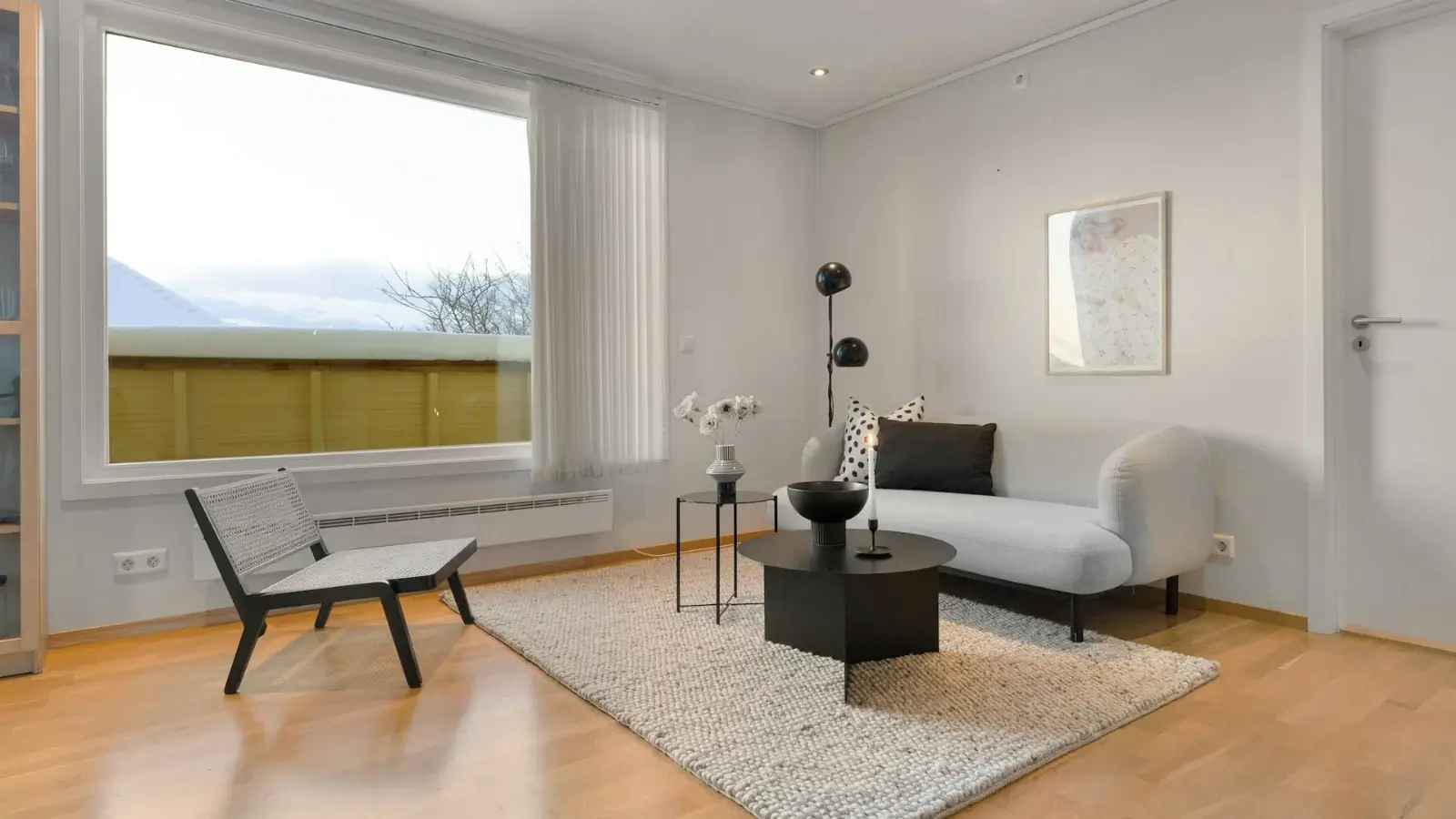There’s something undeniably powerful about walking into a clean, uncluttered space. It’s not just visual appeal—it’s an internal shift. The environment around us plays a major role in how we think, feel, and perform. And in today’s fast-paced world, a tidy, organized home isn’t just a luxury; it’s a foundation for mental clarity and personal productivity.
As our homes have evolved into hybrid spaces—serving as offices, classrooms, and sanctuaries—the importance of intentional cleaning has grown. What was once a weekend chore now functions as a wellness strategy. House cleaning services, deep cleaning routines, and even move out cleaning services aren’t just about presentation anymore—they’re about performance and peace of mind.
In this article, we’ll explore how the state of your living space can impact your day-to-day life, including cognitive sharpness, emotional balance, and long-term motivation. We’ll also look at how practical cleaning solutions can support that transformation—starting with a clean slate.
Clean Space, Clear Mind
It’s no coincidence that many people feel anxious or overwhelmed in messy environments. The brain craves order. Clutter competes for your attention, increases cognitive load, and drains your energy. Even when you try to ignore it, mess acts as a background task running on your mental hard drive, slowing down focus and decision-making.
This is especially true for those working from home. When your workspace doubles as your living area, the visual noise of clutter and dirt can blur the boundaries between “on” and “off” time. A clean home provides the physical structure that supports mental boundaries—allowing you to concentrate better during the day and relax more deeply at night.
Establishing a regular cleaning rhythm—whether on your own or with help from cleaning services—acts as a daily mental reset. By physically removing dirt and disorganization, you symbolically remove stress and distraction.
The Energy of a Fresh Start
There’s a reason people deep clean at the start of a new year or right after a big life change. A freshly cleaned space represents opportunity. It allows you to detach from yesterday’s mess and start anew.
That’s the essence of the clean slate effect. Whether it’s after a breakup, a career shift, or even a seasonal change, cleaning acts as a physical marker of transition. Wiping down surfaces, clearing out closets, or hiring deep cleaning services sends a message: “This is a new beginning.”
This ritual has lasting effects. Studies show that people are more motivated to pursue goals when they feel a sense of closure from the past. A tidy home is more than tidy—it’s a signal that you’re ready to move forward.
Daily Cleaning as Micro-Discipline
Consistency in small actions builds big habits. And daily tidying tasks—making the bed, loading the dishwasher, putting away laundry—are more than just chores. They reinforce a mindset of follow-through and personal accountability.
By incorporating light, repeatable cleaning routines into your day, you build a structure that supports other positive habits. For example, starting the morning with a quick sweep or countertop wipe-down can serve as a cue to begin the workday focused and alert. Ending the day with a 10-minute reset makes for a more restful sleep.
Of course, this doesn’t mean every day must include heavy lifting. That’s where recurring house cleaning services can provide reliable support. By taking care of the larger tasks, professionals free up your time and energy for smaller, high-impact routines that reinforce your lifestyle goals.
Move Out, Move On: The Value of Closure
When it comes to physical and emotional transitions, few moments carry as much weight as moving out of a home. Whether you're closing a chapter or starting a new one, leaving behind a clean space offers a surprising sense of relief.
Move out cleaning services are not just about satisfying lease terms or preparing a home for sale—they also help create psychological closure. Cleaning the space you once called home allows you to honor its role in your life and let go of lingering attachments.
It’s a symbolic and practical way to leave nothing behind—not emotionally and not physically. In many ways, it provides a respectful sendoff—for both you and the space you occupied.
Cleanliness and Motivation
There’s an undeniable correlation between a clean environment and motivation levels. When your surroundings feel manageable, so do your goals. Cluttered or dirty spaces tend to lower energy and promote procrastination. Tasks feel heavier. Decisions become harder. You start avoiding spaces in your own home—not because of the work, but because of the energy it takes to face the mess.
On the other hand, entering a room that’s fresh and organized gives you momentum. It makes small wins feel easier and larger goals more achievable. That’s why deep cleaning your space, especially during stressful times, can be one of the simplest ways to recharge motivation and take control of your routine.
If your time or energy is limited, outsourcing to a trusted provider like Timely & Tidy can help bridge the gap. A periodic reset handled by professionals not only rejuvenates your home—it also restores your drive.
Physical Health and Clean Surroundings
A clean home is also a healthier home. Dust, allergens, pet dander, and mold accumulate faster than we notice, affecting air quality and physical well-being. High-traffic areas like bathrooms and kitchens are hotspots for bacteria, and inconsistent cleaning can lead to recurring issues like odors, stains, or even pest concerns.
House cleaning services provide more than cosmetic upgrades—they target hidden grime and maintain a level of hygiene that supports better breathing, reduced allergies, and fewer illnesses. This physical wellbeing feeds directly into mental wellbeing, creating a feedback loop of health and productivity.
Even tasks like vacuuming, mopping, or wiping vents—often overlooked in the daily routine—become powerful tools in sustaining long-term wellness.
Creating a System That Works for You
Not every routine fits every lifestyle. Some people prefer daily upkeep, while others benefit from a structured weekly reset. For many, it’s a mix of both. The key is to build a system that feels manageable—and sustainable.
This might mean:
-
Weekly quick cleans paired with seasonal deep cleaning
-
Hiring professionals for monthly or biweekly maintenance
-
Reserving move out cleaning services for key life transitions
-
Setting calendar reminders to rotate tasks like dusting ceiling fans or organizing drawers
When cleaning becomes a predictable part of your life, it stops being a stressor and starts being a support. You don’t clean out of panic. You clean as a way of taking care of yourself and your space—on your terms.
Conclusion
Your home doesn’t need to be perfect to be powerful. But it does need to reflect your priorities, your mindset, and your values. A clean, organized space isn’t just for guests—it’s for you. It helps you focus, breathe easier, and feel more in control of your life.
Cleaning is no longer just about aesthetics—it’s about performance, recovery, and self-respect. Whether you're starting a new chapter, trying to stay productive, or simply aiming to feel more balanced, the act of cleaning is a quiet but effective way to shift your energy.
With the right support—from your own habits or from providers like Timely & Tidy—you can maintain a space that lifts you up, not drags you down. A clean slate isn’t a once-a-year event. It’s a daily possibility.
















